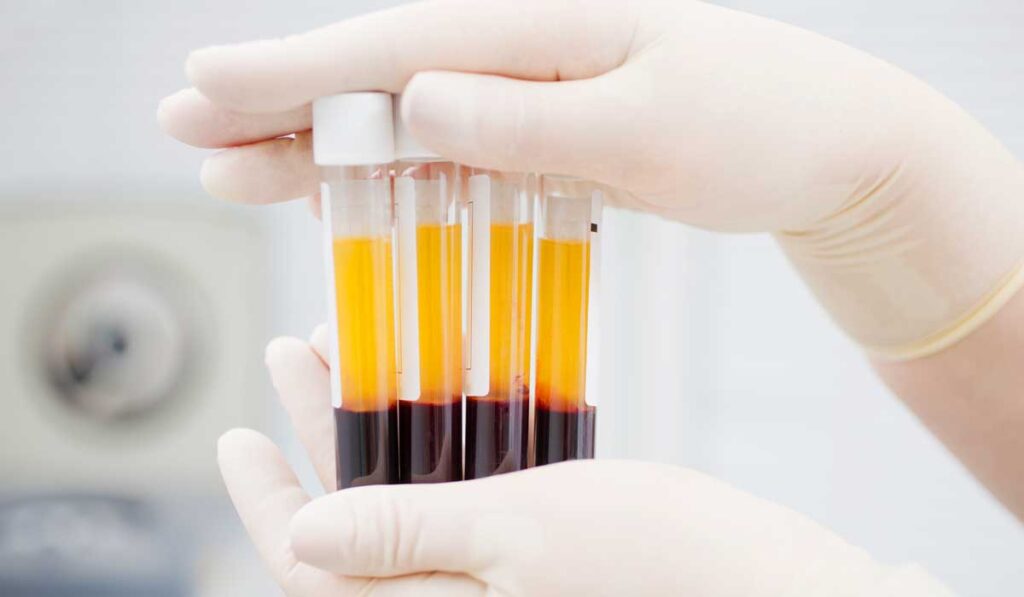As antibody treatment for COVID-19 gains steam, the race to find the most potent monoclonal option is underway. Offering a major boost to the effort is a new high-throughput technique developed at Vanderbilt University Medical Center that accelerates the speed at which scientists can sift through billions of antibodies to zero-in on lead candidates.
Researchers recently put the technique to the test in Cell Reports, where they identified in patient blood an “ultrapotent” monoclonal antibody that showed broad efficacy against the most concerning SARS-CoV-2 variants (alpha, beta, gamma, and delta).
The newly identified antibody neutralizes coronaviruses and holds massive – and urgent – therapeutic potential, said Ivelin Georgiev, Ph.D., senior author of the article and director of the Vanderbilt Program in Computational Microbiology and Immunology.
“There is no time to lose; if we give the virus enough time, there will be so many other variants that arise,” Georgiev said.
Barcodes and Antibodies
Known as LIBRA-seq, which stands for Linking B-cell Receptor to Antigen Specificity through sequencing, the groundbreaking technique involves mixing patient B cells, which contain an individual’s vast antibody repertoire, with DNA-barcoded antigens. Researchers can then use next-generation sequencing to identify the strongest matches.
Antigen barcoding avoids the pitfalls of other antibody-sorting techniques that rely on fluorescence, which has a limited spectrum, the researchers explained in a Cell publication describing the technique.
Due to its high-throughput nature, LIBRA-seq also enables researchers to quickly identify and map lead candidates even when biological samples are limited.
“It would have been impossible three or four years ago to move at the speed that we are right now,” Georgiev said. “A lot has changed in a very short period of time when it comes to monoclonal antibody discovery, as well as vaccine development.”
Unprecedented Sequencing Detail
LIBRA-seq generates precise protein sequences for antibodies that recognize a target antigen. It also produces a score to rate antibody affinity for a given antigen.
Most recently, Georgiev and colleagues used LIBRA-seq to identify an entire panel of antibodies with affinity for the highly conserved SARS-CoV-2 spike protein.
Diving deeper into their lead candidate, the researchers used electron microscopy to visualize the most potent antibody in complex with the SARS-CoV-2 spike protein. Together, the approach revealed “uncommon genetic and structural characteristics that distinguish it from other potently neutralizing SARS-CoV-2 antibodies,” the authors wrote.
Keeping Up With Evolution
Georgiev believes the ultrapotent antibody should be considered as a therapeutic option to counteract infections caused by current and future SARS-CoV-2 variants.
He says LIBRA-seq as a whole may also help drug developers rapidly identify lead candidates and stay one step ahead of viruses of all kinds.
“The pathogens keep evolving, and we’re basically playing catch-up. This is one way to proactively build a repertoire of potential therapeutics against future outbreaks,” Georgiev said.
LIBRA-seq also provides a deeper understanding of antibody structure and function, he added, which could unlock new strategies to improve potency.
“We’re also interested in the basic biology of how antibodies recognize antigens. This technology will help us generate a lot more data that we’ll be able to mine to start addressing questions that we were previously unable to ask.”





